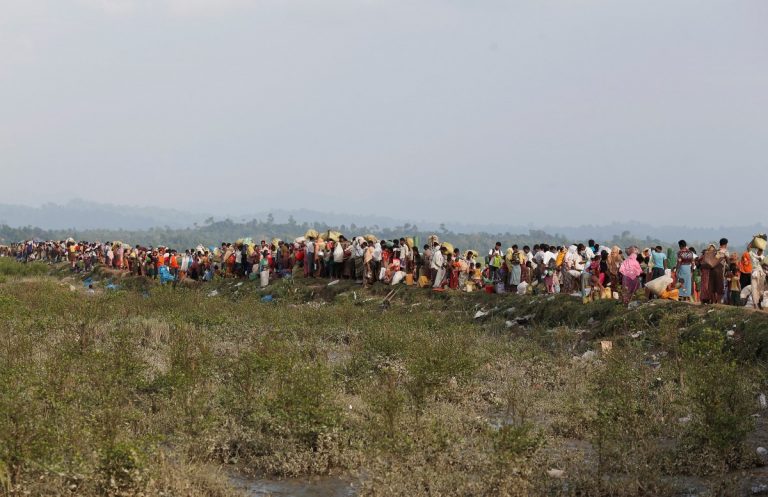
The political picture in Myanmar has never been more devastating. The government is carrying out a mass ‘ethnic cleansing’ of the Rohingya Muslim community, with over 60,000 people being forced out of their homes.
This has raised questions over the ethics of global universities continuing to invest in Myanmar education institutions. Universities have been criticized for their collaboration with Myanmar, as this may be interpreted as support for the political atrocities currently occurring.
However, academics are arguing that withdrawing support from Myanmar universities will only affect the people who can make positive change in the country.
“Isolation is the last thing a country needs that has endured such a history,” U Ba Win, vice-president of Bard College, told The Times Higher Education.
“University professors at Mandalay and Yangon universities that I’ve worked with want and need more connections with the world. Having only just emerged from a 50-year long dark night when very little was spent on healthcare or education, the children and young people of Myanmar, as well as their teachers, need to reconnect with others.”

A young Rohingya refugee learns to recite the Quran in an Arabic school. Source: REUTERS/Mohammad Ponir Hossain
The education system is Myanmar is sub-par compared to much of the world, which is why universities are investing and individuals are working to improve standards of education in the country.
Kyaw Moe Tun, current director of the Parami Institute of Liberal Arts and Sciences in Yangon, Myanmar, received an undergraduate degree from Bard College, US before continuing his studies at Yale, reported The Times Higher Education.
He has now returned to Myanmar to reform the education system in his home country and offer students the opportunity he had by studying abroad. Through the Parami Institute of Liberal Arts and Sciences, Kyaw Moe Tun can offer a world-class education to Myanmar citizens who would otherwise not be able to access quality higher education.
The Times Higher Education reported that without international aid, Kyaw Moe Tun would not have been able to create and sustain the institution.
For the record, we categorically disagree with the idea that investing in education in Myanmar is "irresponsible." Investing in education is *essential.* We want to see more of it. Especially now. https://t.co/AoiDw9zT4R
— Matthew Smith (@matthewfsmith) November 6, 2017
If global universities boycott Myanmar on political grounds, it is not the government who will suffer immediately, but the students who have a desire to continue studying.
“No sanctions on educational institutions should be imposed. We need assistance for the development of education in this young democracy.” U Thein Naing, an ethnic language curriculum consultant and curriculum expert, told The Irrawaddy.
By restricting funding to Myanmar universities, academics warn that this may lead for an echo chamber of oppression to form, as views will not be challenged by intellectual debate.
“We have no right to deny young people the opportunity to liberate themselves from the mentality and the mindset of the oppressed,” Dr. Khin Mar Mar Kyi, the inaugural Daw Aung San Suu Kyi gender research fellow at the University of Oxford and the first senior Burmese female academic at the institution, told The Irrawaddy.
“The recent history of Burma has already proven that sanctions against the military did not work. Now they think collective sanctions for education institutions will work. How so?”
Liked this? Then you’ll love…
Why are universities still collaborating with Myanmar?
Human rights educators to visit Stanford, Harvard amid Rohingya crisis







